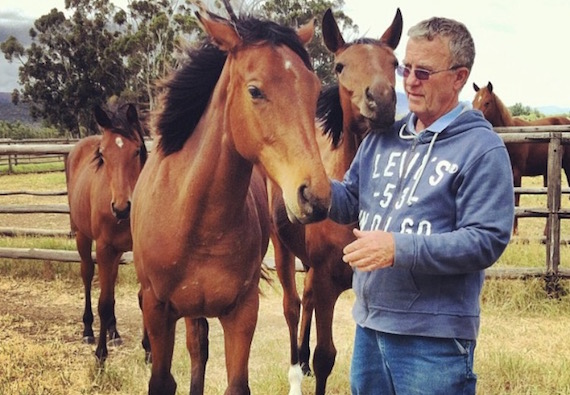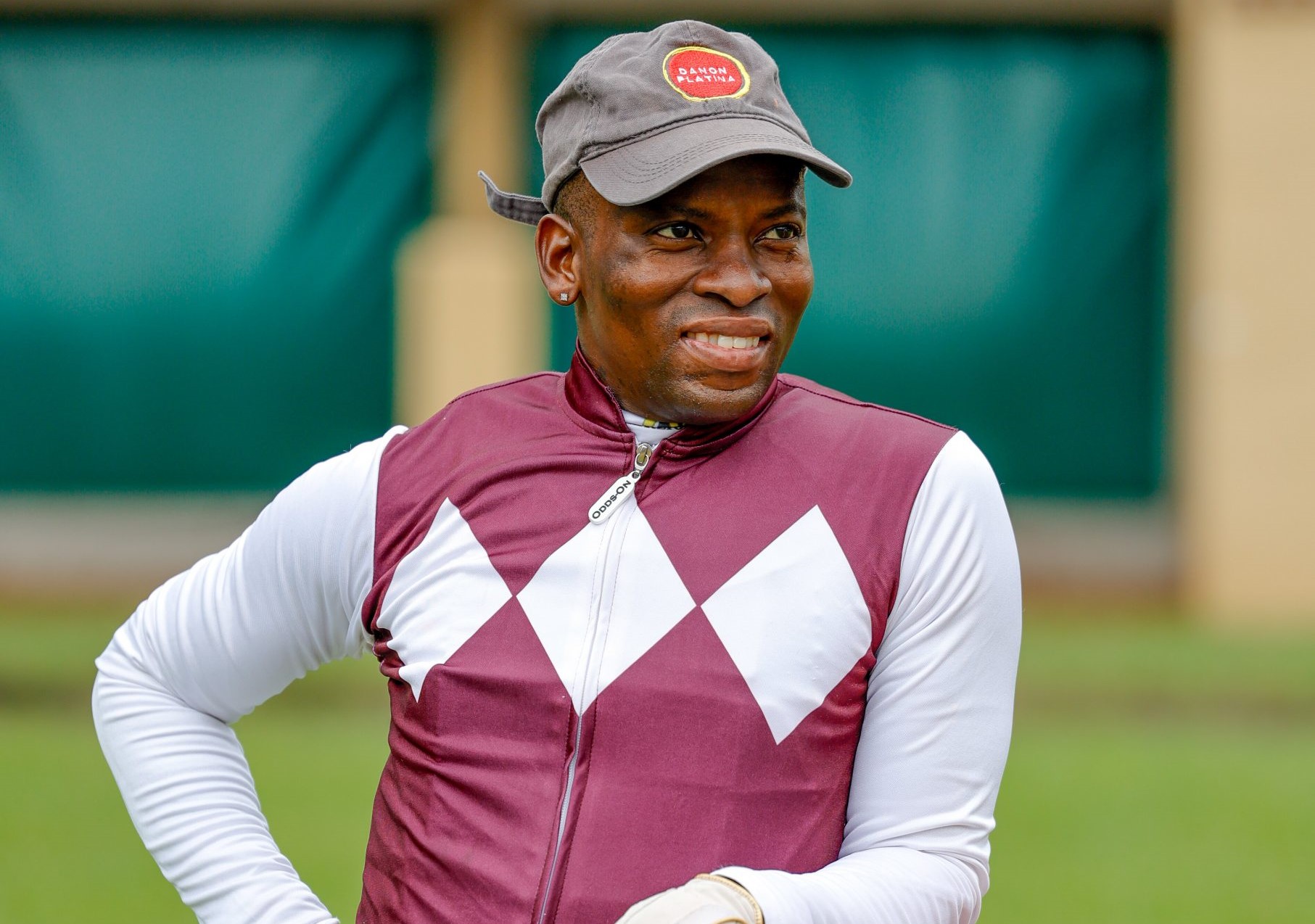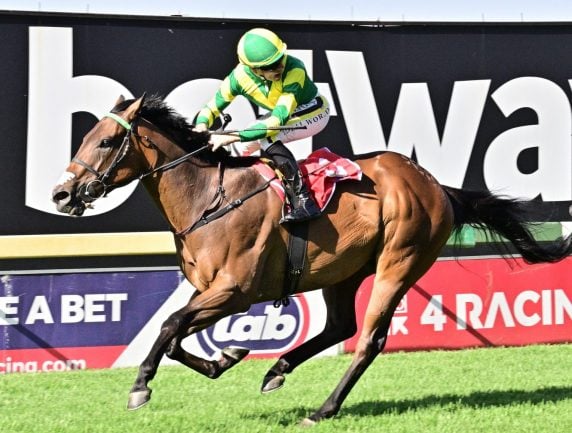There was an extraordinary outpouring of love and support when much loved Cape vet, Dr Jim Antrobus was diagnosed with cancer late last year.
Despite the shock, Jim remained positive, tracked down one of the world’s leading specialists in the condition and has successfully undergone one of the most invasive and extensive surgeries in existence and is currently making steady progress at St George’s Hospital in Sydney.
His family kindly updated us on his journey so far.
Blow
In December 2017, Dr Jim Antrobus and his family received the news that he had an extremely rare form of cancer.
The condition is so rare that no-one in South Africa had the medical expertise or experience to attempt the extensive surgery required, but in true Jim form, he refused to give up, scouring every available avenue until he found Professor Morris, the world’s foremost authority on the condition, at St George’s Hospital in Sydney.
There were a few more adventures before he got the necessary visa and medical clearance to travel to Australia, but travel they did and Jim and his wife Merle arrived in Sydney on Friday, 2 February 2018.
After getting their bearings and adjusting to the new time zone, the next week he started his battery of tests and consultations, including a PET scan, lung biopsy and more. In true Jim fashion, he used every opportunity to find the funny side of the whole experience, including an exchange with his anaethestist consult, retold as only Jim can. When Jim asked if he was going to be performing the anaesthetic for his op, the anaesthetist’s response was, “No way, these ops can go on for 14 hours you know. Its fine for you, because you are asleep, but I have to stay awake in case you try to die!”
With the preliminaries and test results all successfully completed, two months after his diagnosis, Jim’s peritonectomy was finally scheduled for Wednesday, 21st February and a little after 9pm on Tuesday (local time) Jim checked in for surgery.
Procedure
The procedure which included the removal of Jim’s spleen, gall bladder, peritoneum and a large number of tumours, lasted 14 hours, followed by an additional 2 hours of HIPEC (heat chemotherapy). At a little after 10 am local time on Wednesday morning, Merle relayed the news that Jim was out of surgery. After a short time in recovery, he was transferred to the ICU, where he was kept under sedation to keep him comfortable and allow his body to adapt. Jim will remain under close observation in ICU for the foreseeable future to monitor how his body reacts, however, Merle reports that the doctors are satisfied with the results so far.
Although Jim was quite weak in the first few days post op, the medical team explained that this is to be expected after such major surgery. Jim was initially on a ventilator as well as receiving dialysis to support his kidneys, however, the doctors assured Merle that given the extent of the operation, complications were to be expected and they believe kidney function will be restored. By Sunday, 25 February he had strengthened sufficiently to be taken off the ventilator (although he still has an oxygen mask).
Support
Merle says that Prof Morris and the team did prepare them well for the procedure so she feels mentally strong and she can see that Jim is in the best hands. Merle says the male nurse that is with him now is really excellent. Jim is really getting the best possible treatment and the night time doctor is constantly with him monitoring him closely and walking in and out. Merle says she has complete faith in the doctors, nurses and team looking after him.
It is still a long road to recovery and a lot will depend on how Jim’s body reacts to the surgery, but the important thing is that he has successfully negotiated the first hurdle.
Jim, Merle and their family have been supported by an army of friends and family, with constant messages of support and encouragement from around the world. What has become evident over the past weeks, is that this is no longer only Jim’s hurdle. There are so many friends and family who are walking beside him on this very difficult journey. Professor Morris and his team know that a very special person from the tip of Africa is in his care and has assured us that “He will do his best to take care of Jim and get him back home as soon as possible”.









